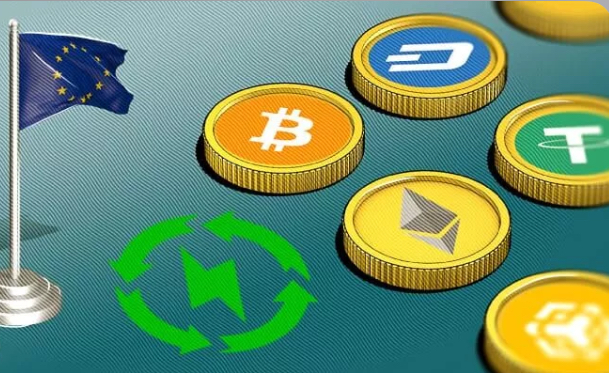The EU decided against a prohibition on proof-of-work crypto mining in March 2022.
Some market players will be required to disclose their impact on the environment.
EU officials have said that they want to create a standard for rating blockchains’ efficiency in terms of energy consumption. The environmental labelling system for data centers, the energy label for PCs, and the steps to make apparent how much energy telecommunications services consume are all part of the European Commission’s larger plans to regulate the energy use of the ICT industry.
Energy Commissioner Kadri Simson:
“The aim is to make our energy system more efficient and ready for increasing share of renewable energy sources. For this, we need more innovative digital solutions and a grid that is much smarter and more interactive than it is today.”
Impact on Environment a Concern For EU
Through a number of government-led initiatives, it will subsidize the exploration of digital technologies’ potential impact on the energy industry. There was no indication of whether or not any of this assistance will trickle down to the cryptocurrency industry.
By comparison to countries like China, which have imposed explicit prohibitions on cryptocurrency mining. The European Union has until recently been seen as taking a rather lenient stance on the practice.
Moreover, the European Parliament’s Economics and Monetary Affairs Committee decided against a prohibition on proof-of-work (PoW) crypto mining in March 2022, and the relevant phrase was subsequently removed from the Markets in Crypto Assets (MiCA) bill before it was voted on.
However, this is not the first piece of EU crypto law with an environmental purpose. Furthermore, some market players will be required to disclose their impact on the environment and the climate with the implementation of the Markets in Crypto Asset Regulation (MiCA) by the end of 2023.

